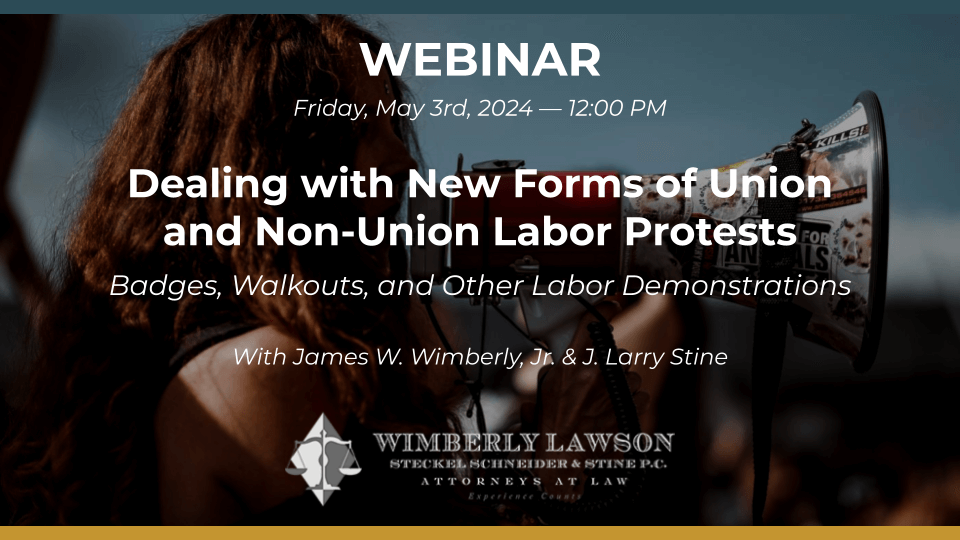Department of Justice's Anti-trust Division Announces Anti-trust Compliance Programs Include Training for Human Resources
There is relatively recent increased attention from government enforcement authorities of anti-trust issues affecting human resource professionals. In 2016, the Department of Justice (DOJ) and the Federal Trade Commission (FTC) issued their Anti-Trust Guidance for Human Resource Professionals. At the same time, they issued Anti-Trust Red Flags for Employment Practices. These guidances set forth that no-poach and wage fixing agreements are per se unlawful under the anti-trust laws. Red flags included agreements with other companies regarding salary or other compensation, employee benefits, or terms of employment, as well as agreements to refuse to solicit or hire another company's employees, called no-poach agreements. The guidances went on to suggest that employers should refrain from exchanging company-specific information about employee compensation or other terms of employment with another company, including internal data about employee compensation.
More recently, at a December 2023 American Bar Association Conference, DOJ's Anti-Trust Division announced that anti-trust compliance programs must include training of human resource professionals on such issues. An employer having an effective anti-trust compliance program may result in the DOJ declining to prosecute or may reduce penalties of groups that have effective programs.
The DOJ has largely been unsuccessful prosecuting employers for anti-trust violations in reference to human resource issues. For example, a 2023 ruling resulted in an acquittal of four managers of an alleged agreement to fix wages and not poach healthcare aids. A summary judgment of acquittal at the close of the DOJ's case in chief resulted from another no-poach prosecution. A third no-poach indictment was dropped prior to trial. In spite of these losses, the DOJ emphasizes it will continue to be aggressive in bringing additional prosecutions, and currently emphasizing corporate compliance programs may be another way to accomplish what it has not been able to accomplish in court.
This article is part of our March 2024 Newsletter.
View newsletter online
Download the newsletter as a PDF
Related Content
Get Email Updates

Featured Federalist Article: Text Education in Muldrow v. St. Louis: The Supreme Court Just Made Title VII Cases Easier for Plaintiffs to Win

Judge Invalidates Joint Employer Rule, and Independent Contractor Rule Takes Effect

The Importance of Fairness in Employment to the Law and to Job Satisfaction

Major Employers Challenge Constitutionality of Labor Act

Starbucks' Big Change in Labor Policies




